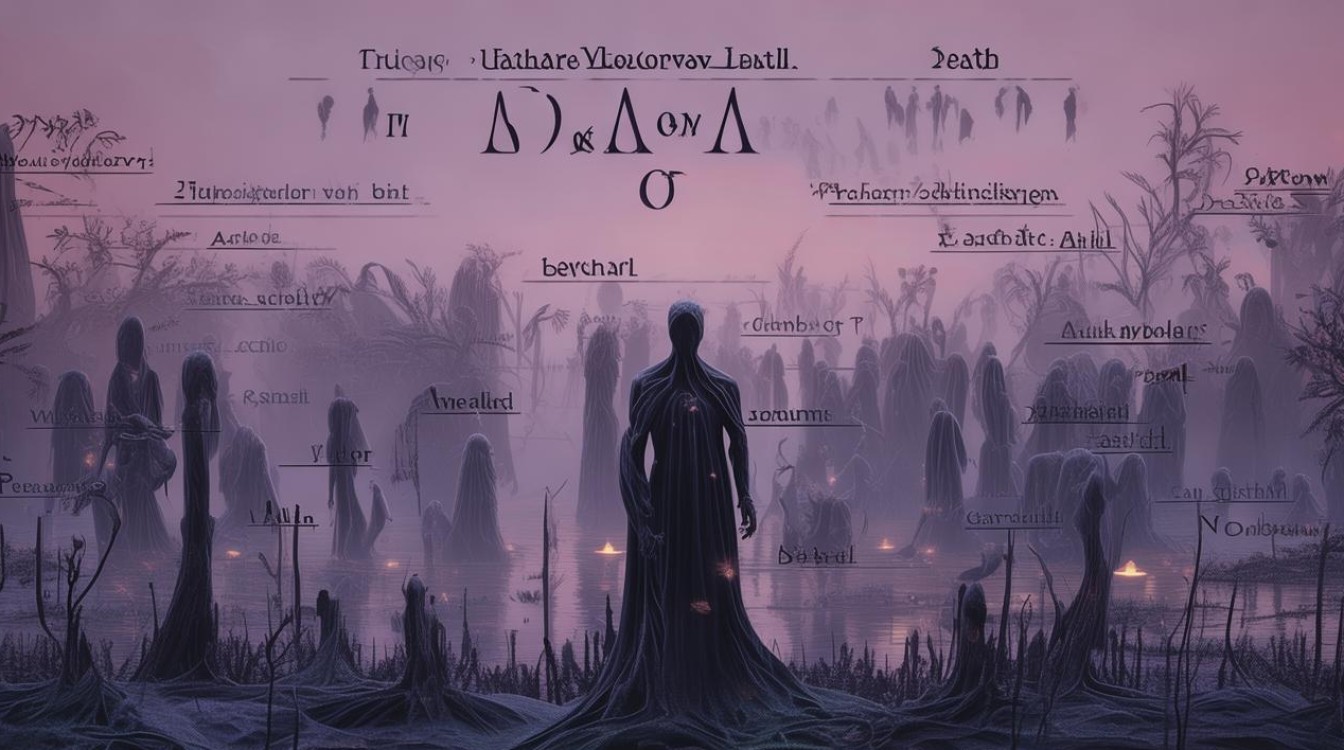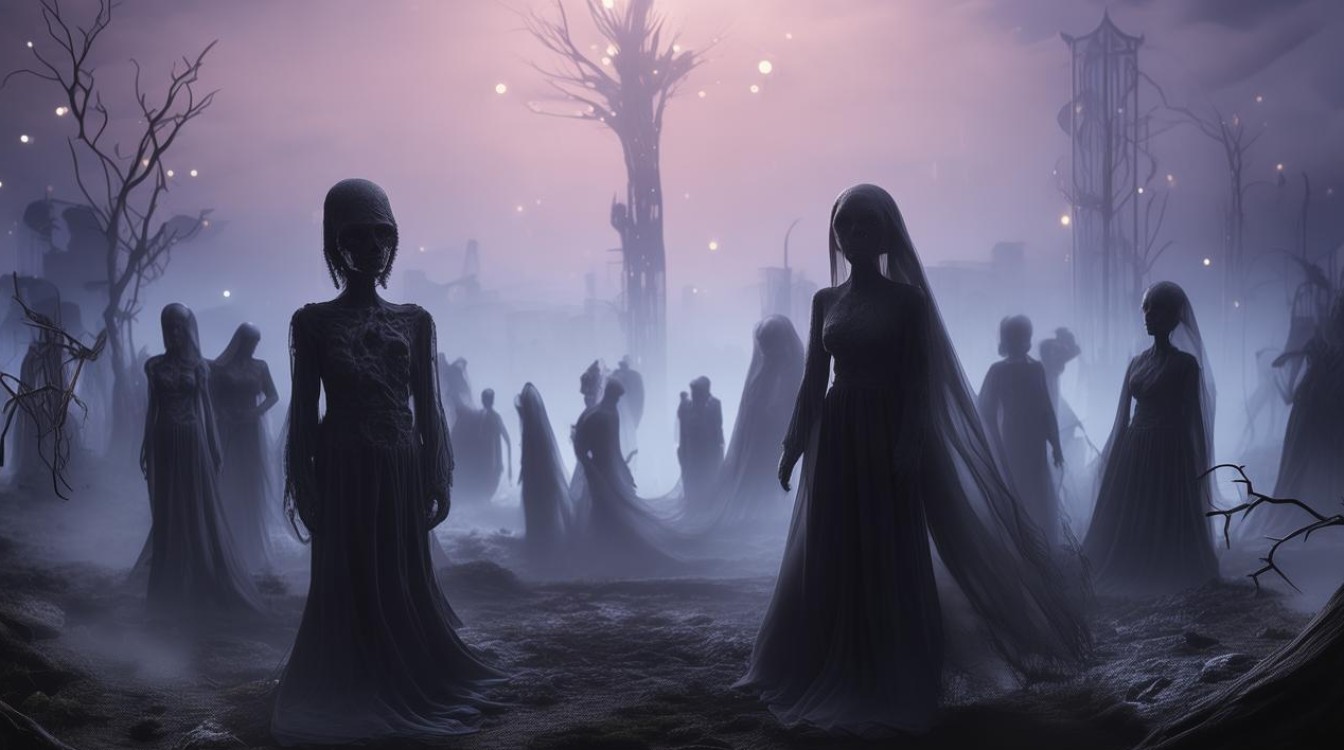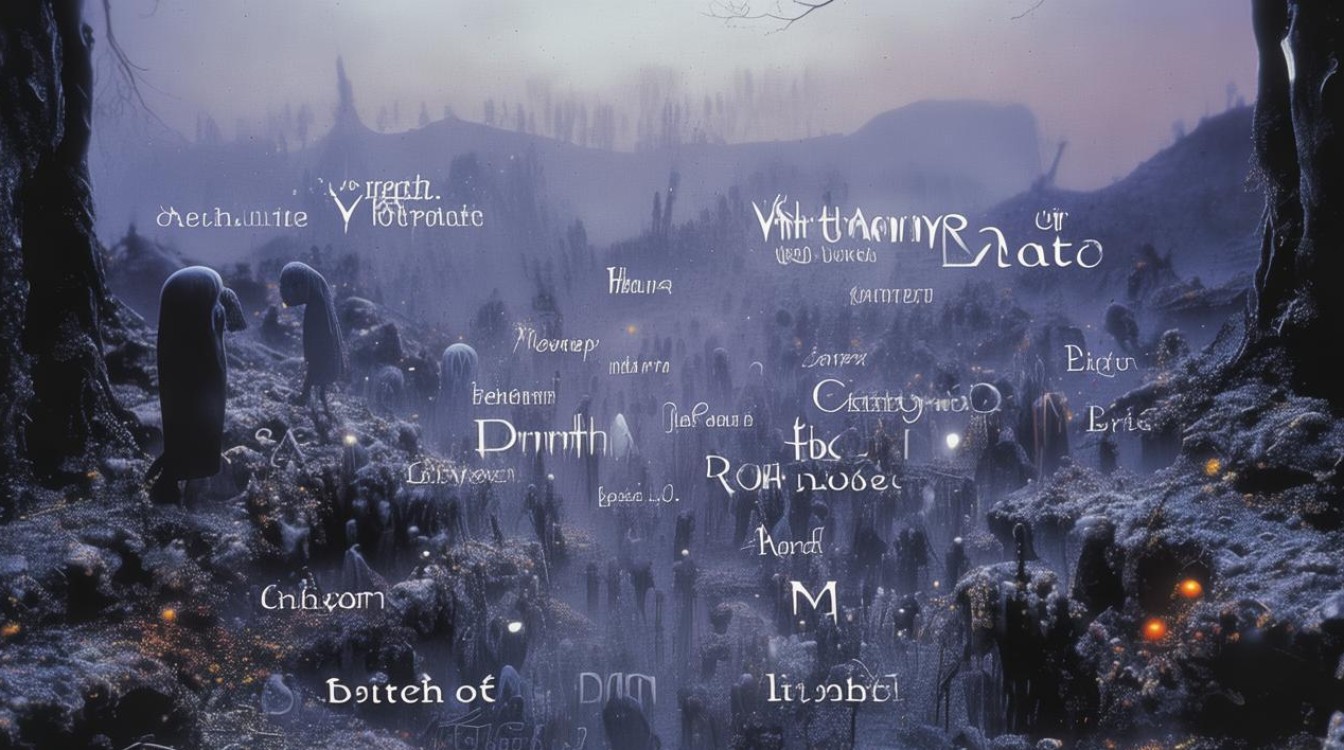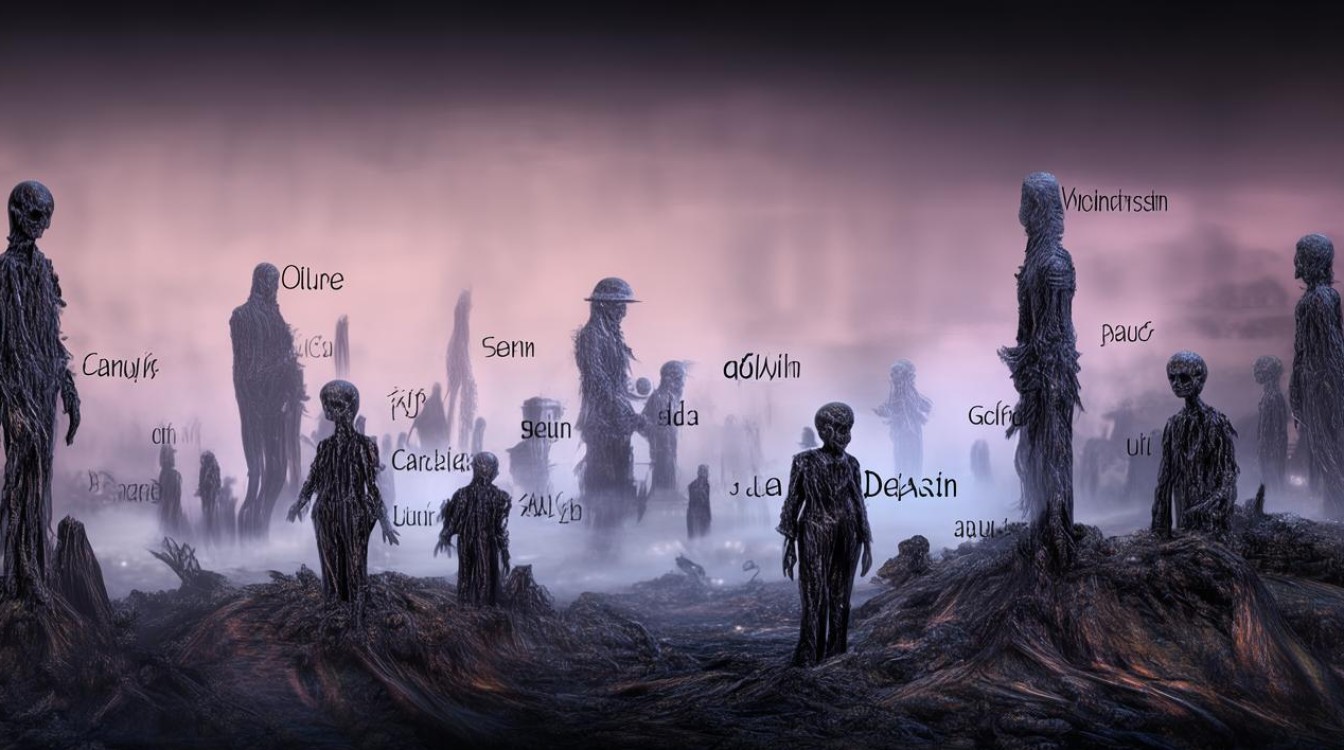Dreams about death can be unsettling, yet they are surprisingly common. Many people wake up disturbed by such visions, only to wonder what they mean. The English language offers a rich vocabulary to describe these experiences, each term carrying its own nuance. Understanding these words can help unravel the symbolism behind these dreams and provide insight into our subconscious fears, transitions, or even personal growth.

Common English Words for Death Dreams
- Mortality – The awareness of death as an inevitable part of life. Dreams about mortality often reflect deep existential thoughts rather than literal death.
- Passing – A gentler term for death, sometimes used in dreams to signify transition or change.
- Demise – Suggests an end, often used in dreams to symbolize the closing of a chapter.
- Extinction – Implies complete annihilation, which in dreams may represent fear of irrelevance or loss.
- Departure – Less about physical death and more about leaving something behind, such as old habits or relationships.
- Afterlife – Dreams involving the afterlife may explore beliefs about what comes next.
- Reaper – The Grim Reaper is a common dream symbol, representing inevitability or an impending ending.
- Cessation – A formal term for stopping, which in dreams may indicate a need for rest or closure.
- Expiration – Often tied to time running out, dreams using this word may reflect anxiety about deadlines or aging.
- Eulogy – Dreams where someone is delivering a eulogy may symbolize unresolved feelings toward the deceased or even parts of oneself.
Psychological Interpretations
Dreams involving death rarely predict actual death. Instead, they often symbolize transformation. Carl Jung, a prominent psychologist, suggested that death in dreams represents the end of one phase and the beginning of another. For example:
- Death of a loved one – May indicate fear of loss or a subconscious processing of grief.
- Being dead in a dream – Could signify personal reinvention or shedding an old identity.
- Killing someone in a dream – Might reflect repressed anger or a desire to eliminate a certain influence.
The English language provides multiple ways to frame these experiences, each offering a slightly different lens for interpretation.

Cultural and Literary References
Literature and mythology are filled with death-related symbolism. Shakespeare’s Hamlet ponders mortality with "To be, or not to be," while Emily Dickinson’s poetry often explores death as a journey rather than an end. Dreams borrow from these cultural narratives, shaping how we perceive death in our subconscious.
How to Respond to Death Dreams
If such dreams recur, consider:

- Journaling – Writing down details can reveal patterns.
- Meditation – Helps process underlying anxieties.
- Therapy – Useful if dreams cause significant distress.
Death in dreams is rarely about physical death. Instead, it serves as a metaphor for change, fear, or personal evolution. The English vocabulary surrounding these dreams enriches our understanding, offering multiple ways to decode their meaning.
Dreams are a language of their own, and death is just one of its many dialects. By exploring these terms, we gain a deeper grasp of what our minds may be trying to communicate.






